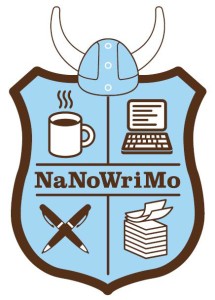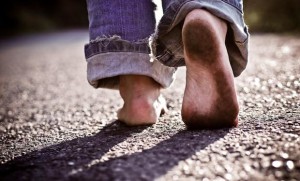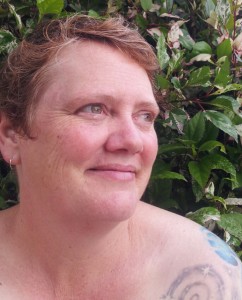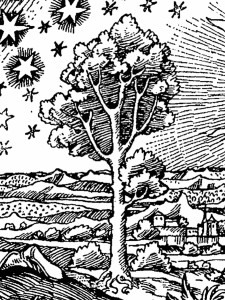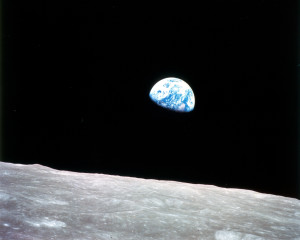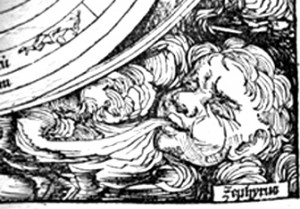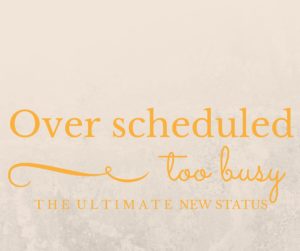 Do you have the over-scheduled virus? It is a type of modern flu that has all the symptoms you’re sadly familiar with: fatigue, poor sleep, low level physical ailments (sniffles! That half cough!), a constant sense of not quite being ‘all there’ (because you’re keeping at least one eye on the clock to make sure you get to your next appointment on time), and perhaps worst of all is the gnawing doubt that a helluva lot of what is taking up all that time is not actually important. You know, proper important. Especially compared to the things you’re too tired for at the end of the day, like conversation.
Do you have the over-scheduled virus? It is a type of modern flu that has all the symptoms you’re sadly familiar with: fatigue, poor sleep, low level physical ailments (sniffles! That half cough!), a constant sense of not quite being ‘all there’ (because you’re keeping at least one eye on the clock to make sure you get to your next appointment on time), and perhaps worst of all is the gnawing doubt that a helluva lot of what is taking up all that time is not actually important. You know, proper important. Especially compared to the things you’re too tired for at the end of the day, like conversation.
I remember conversation, it is when you talk about something other than the logistics of the next day or who will do which chores. I’m sure I’m still capable of it, if only I had the time. Of course any spare time gets soaked up quickly by the ever-present “should do” list or sleep but presumably there’s a possible future in which I’m caught up on all those things and so is someone I know and we could have a conversation. Hahaha When did that become an almost outlandish fantasy?! Even people I know who are retired from work are busy busy busy. Strange days.
Why you stay over scheduled
But you know, there’s a payoff to this behaviour too, a hidden lining that creates comfort. You wouldn’t think so but there’s plenty worse your brain could be doing and keeping you busy today and tomorrow is really quite clever because when we slow down our habit is not to stay in the now. Oh no, we send our giant brains out into the days beyond and into what might happen. Dangerous ground indeed for this is the hunting grounds for anxiety. Dwell briefly in the future and make a decision about the suitable path and all is well, one can navigate through events and respond when challenges arise. Lingering in the permutations of what might be is necessary for great work but demands huge capacity to defend and define one’s limits and scope. Otherwise the clever early-mammal part of your brain is lured into a hamster wheel of what ifs and becomes trapped in the momentum of its own spinning. Anxiety feeds on you again. There’s a nascent part of our (perhaps higher) self working hard to explain these traps and warn us of the dangers. We tend not to listen.
The ego believes passionately that we’re above such silly situations. The compromise is our over-scheduling. It appeases the puff of the ego and perilously protects the vulnerable brain from too much anxiety. It would be funny if it wasn’t so personal! So the payoffs are always there in our behaviours. You could call it the comfort of complaining. These habits can be so hard to acknowledge without someone to talk things over with and that time in which to reflect on our own patterns or those of our friends (actually I’m a lot wiser when it comes to other people than I am about myself). I’m also lucky to have some very wise friends! So although I’m over-scheduled I’m cautious about just stopping and so making a gap. Even if I could completely stop work and all my commitments and responsibilities that comes with a different risk. We all know that nature abhors a vacuum and in the past it has been another extreme – anxiety – that filled it. I’d like to do it differently this time. I’d like to find a middle way.
Have you ever tried a self-development course and come across a facile question like “What would you do if you knew you couldn’t fail?” Oh you’ve GOT to be kidding?! But I tried, I tried so hard to soar with eagles and do better and be better and unleash the giant within and all that stuff. But what I’ve learned is a hard lesson to share, and it is that pretending you can’t fail is unfalteringly useless and here’s why.
Making a friend of failure
Of course you could fail. Most of us actually live from a primary identity of failure. That’s a constant in our lives. From the moment we fell over learning to walk we have implicitly understood that failure is part of the human condition. Even as a mind game to expand our comfort zone it is really really the wrong question to be asking.
Here’s a question to try on. “What is so important to you that you will do it anyway, knowing that you will fail in part?” It is likely that you will fail to meet your fullest dreams, on the other hand there are amazing discoveries promised if unknown at the outset. How might you answer that question? Take a minute now if you like to roll it around and see what you come up with.
This choice, this engagement with your own private calling, does not ignore or diminish the idea of failure and instead embraces it. It is not some light optimism that evades the shadows or distorts the reality of challenge, but instead a serious call to us to face the source of meaning and value in our lives. It is a middle path that expects courage and offers a radical hope. I’m not quite proud of my failures yet, but I am ready to expand them. Are you? Share your proud failures or your middle path in the comments.
